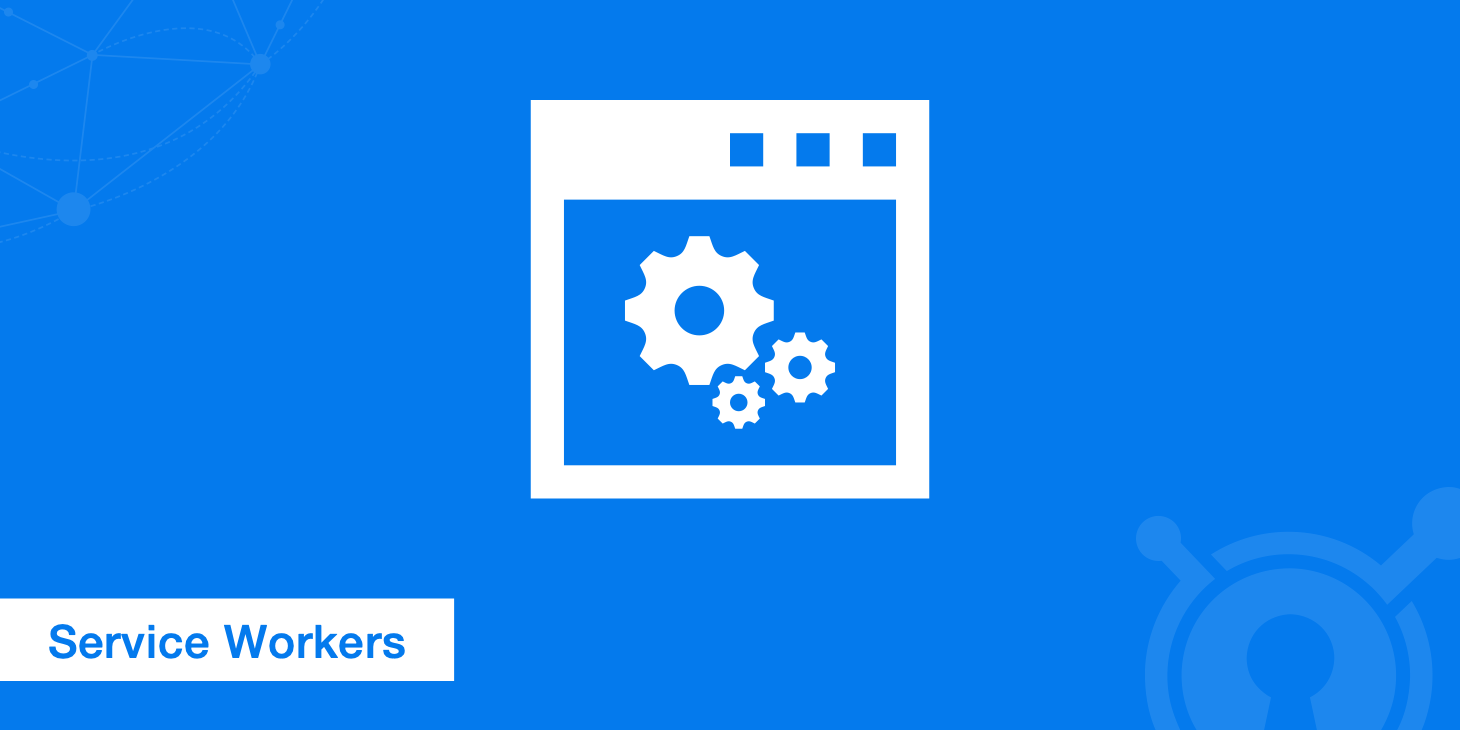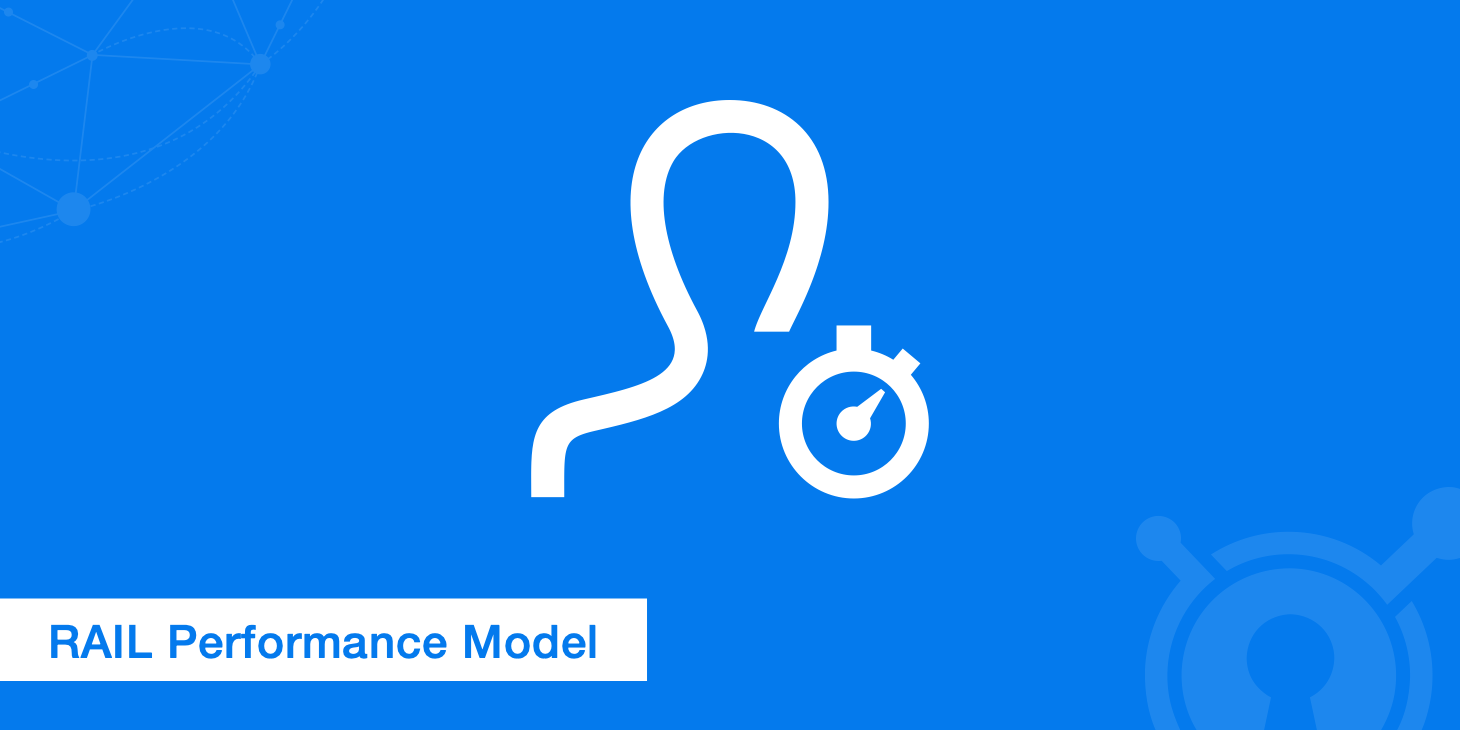
What Are Service Workers and How They Help Improve Performance
Service workers allow developers to manage resource caching more efficiently so that users don't experience interruptions even if they disconnect from the internet. This guide will explain how a service worker can propel your web app's performance to new heights. What are service workers? A service worker is a specific type of JavaScript worker, which is a script that runs in the background of the user's browser. Service workers are like proxy servers stationed between your app, the user's browser and the network.
July 12, 2018 Read more